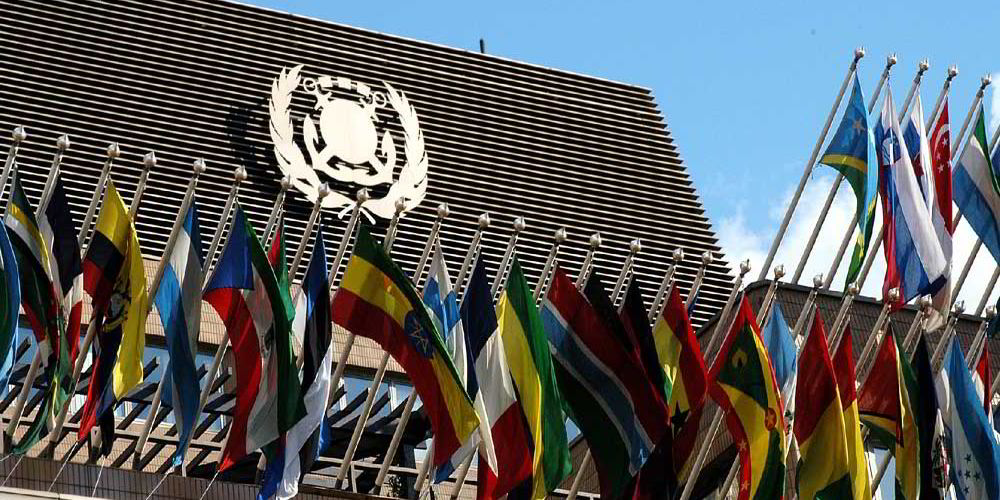The shipping industry may have caught a break from climate negotiators after transportation emissions get dropped in the most recent updates on the talks.
In its latest draft of a worldwide agreement aimed at stemming climate change, United Nations conferees at COP21 in Paris issued a text Wednesday that omitted earlier references to “international transport emissions” as an area for regulation by agreement signers.
Transport emissions were a target of regulation in the previous draft issued 5 December. In particular, that earlier draft called on countries to limit emissions from “marine bunker fuels” with the help of the International Maritime Organisation (IMO).
Environmentalists upset
Climate advocates at the talks were upset at the omission of such emissions from the draft.
Brussels-based environmental nongovernmental organisation Transport & Environment (T&E) said transport emissions have grown more rapidly, 80% over a twenty-year period, than the 40% growth in overall emissions.
“It’s pretty chaotic what happened,” said Andrew Murphy, policy director for T&E. He said dropping transport emissions from the most recent draft stems from the neglect of larger countries to push for such regulations in the most recent draft.
“There just hasn't been enough attention put on them in Paris,” Murphy said. “There are a small number of countries that are prioritising such emissions, but larger countries are not."
The role of shipping emissions had been discussed into the lead up to the recent talks. Under the earlier Kyoto Protocol, the IMO had been entrusted to come up with a scheme for limiting climate-changing emissions from the shipping industry.
Carbon tax proposed
Proposals floated include a carbon-tax on bunkers or setting specific emission limitations on ships.
But, other than the ECA regulations on newer ships, Murphy said the IMO has not come up with a scheme for limiting emissions on older ships.
The lack of proposed regulation from the IMO “is definitive proof it can’t be left alone to deal with this issue,” Murphy said. “They should be brought under the overall agreement.”
Still, it is possible that transport emissions could be reintroduced into subsequent draft agreements that come out prior to the conference’s schedule adjournment this Friday. But that will only occur if “large countries come forward, particularly the US, to have transport emissions included in the final agreement.”



